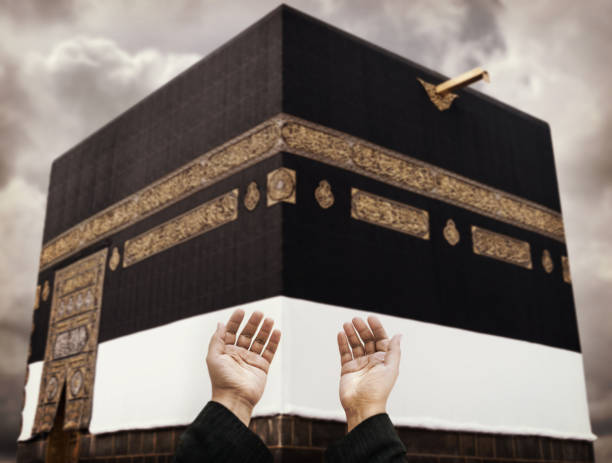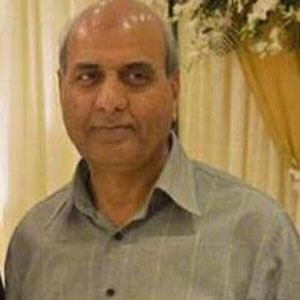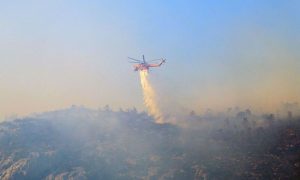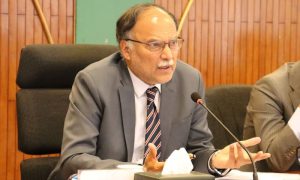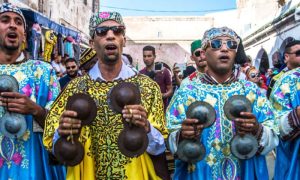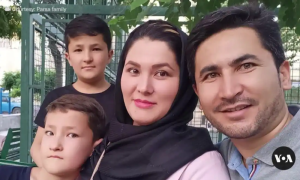Each year, the Kingdom of Saudi Arabia (KSA) undertakes the profound responsibility of hosting millions of pilgrims for Hajj, one of the most significant religious gatherings in the world. Under the dynamic and visionary leadership of King Salman Bin Abdulaziz and Crown Prince Mohammad Bin Salman, the Kingdom has consistently ensured that this sacred duty is fulfilled with meticulous care and exceptional organizational prowess.
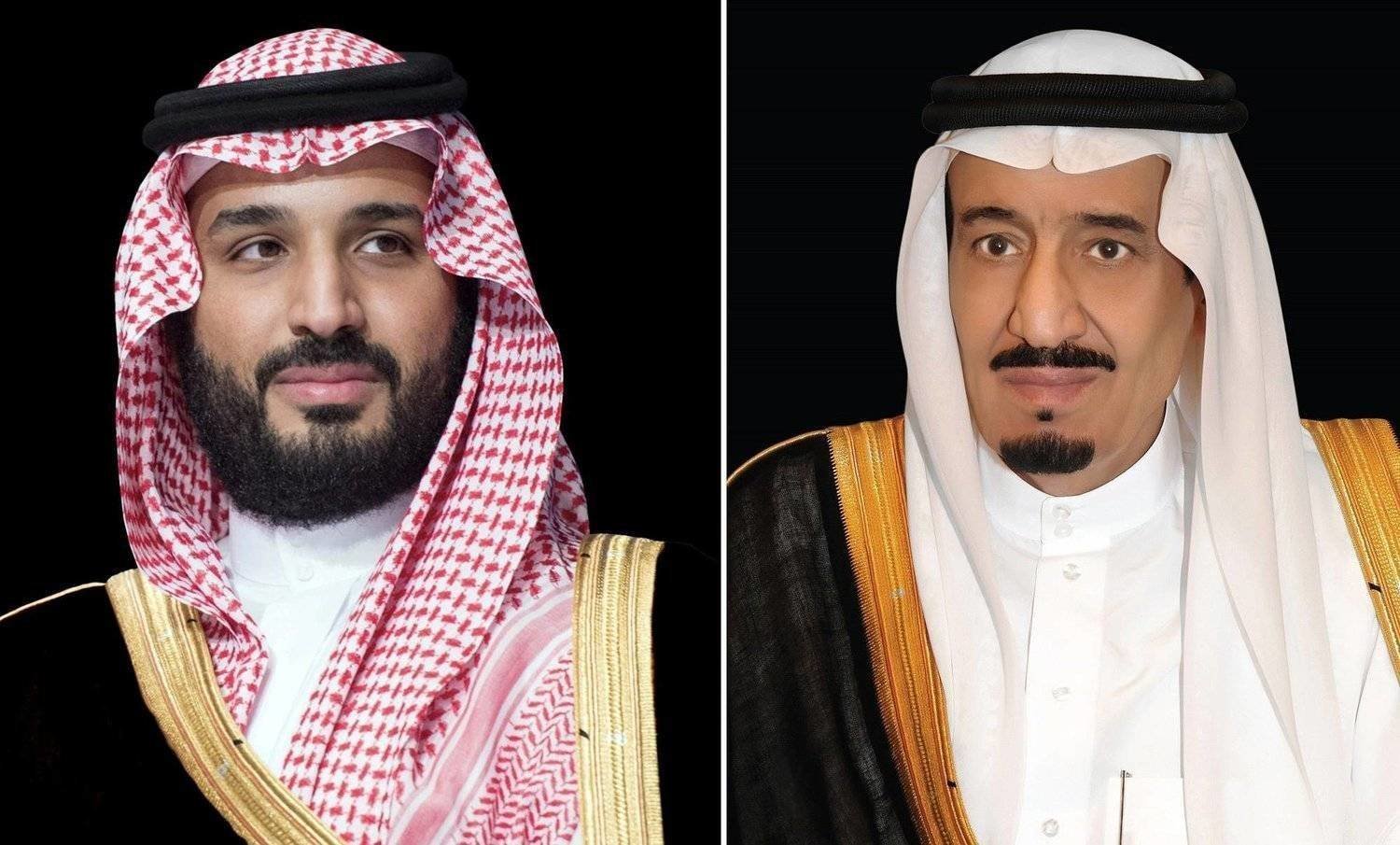
The Hajj 2024 was no exception, marked by comprehensive arrangements and a series of measures aimed at enhancing the comfort and safety of pilgrims from across the globe- something recognized by several countries themselves. For instance, the Chinese Consul General in Jeddah Wang Qimin while praising the Saudi government’s significant efforts in taking preventive and security measures during this year’s Hajj season, appreciated the security, infrastructure, and health services provided, which contributed to a successful Hajj season.

Indeed, the Kingdom’s commitment to improving facilities for Umrah and Hajj pilgrims is evident in the substantial investments made over the years. Billions of Riyals have been poured into upgrading infrastructure not only in and around the two holy mosques but also in Arafat, Muzdalifah, and Mina. These investments have translated into state-of-the-art facilities that cater to the diverse needs of millions of pilgrims, ensuring their journey is both spiritually fulfilling and physically comfortable. The efforts to upgrade the facilities included the installation of air conditioning units, ventilation fans, and misting fans, creating a significantly cooler and more comfortable environment for the pilgrims.
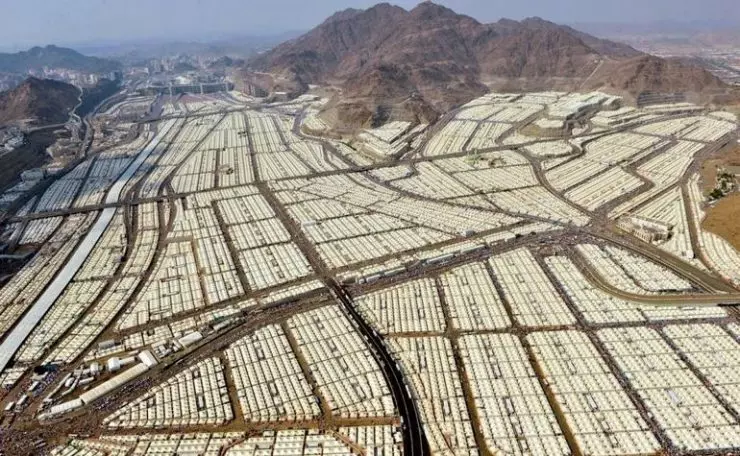
The scorching heat during this year Hajj season posed a significant challenge, but the Saudi authorities implemented a range of innovative measures to mitigate its impact. One of the standout initiatives was the installation of water sprinklers and the organization of a system to distribute cold water and beverages. These measures, coupled with a comprehensive health services plan, played a crucial role in alleviating the adverse effects of the heat on the pilgrims.
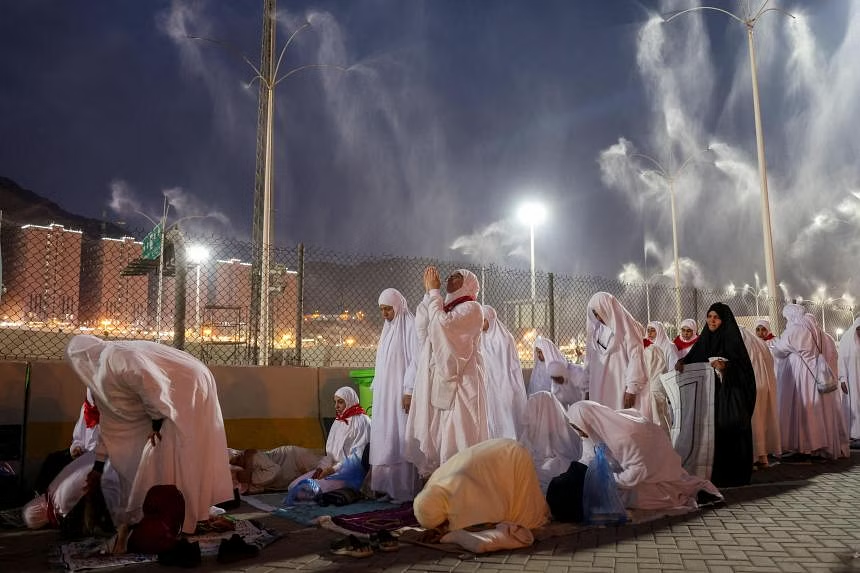
The health services plan was particularly impressive, encompassing a wide range of services from preventive care to advanced medical treatments. Free health services were provided to all pilgrims, ensuring that they have access to quality healthcare whenever needed.

The healthcare infrastructure encompassed specialized services such as open-heart surgeries, cardiac catheterization, dialysis, and emergency care. The provision of 1.3 million preventive services, including early detection, vaccinations, and medical care at air, sea, and land border crossings, further underscored the Kingdom’s comprehensive approach to ensuring the well-being of the pilgrims.
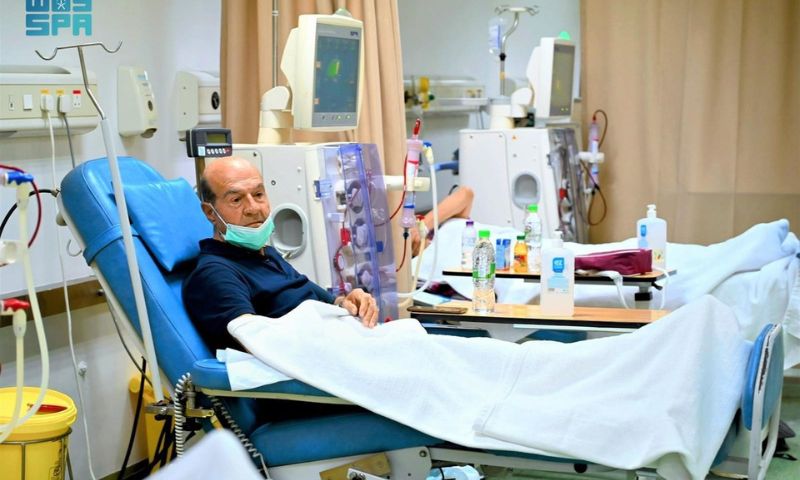
The Saudi health authorities demonstrated remarkable efficiency in responding to health emergencies during the Hajj. Health workers performed more than 465,000 health procedures, including 141,000 on unauthorized pilgrims. This swift response was critical in managing and reducing the effects of heat stress, with no recorded outbreaks of epidemics or widespread diseases, a testament to the Kingdom’s robust health infrastructure and proactive measures.
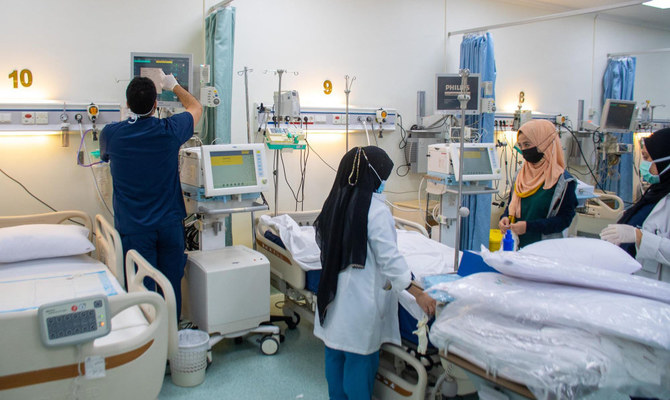
Saudi Health Minister Fahd Al-Jalajel highlighted the significant efforts made to raise awareness about the dangers of heat stress and the importance of preventive measures. The Kingdom’s provision of free health services commenced even before the arrival of the pilgrims, with awareness programs at various entry points. This proactive approach ensured that pilgrims were well-informed and prepared to handle the challenging conditions during Hajj.
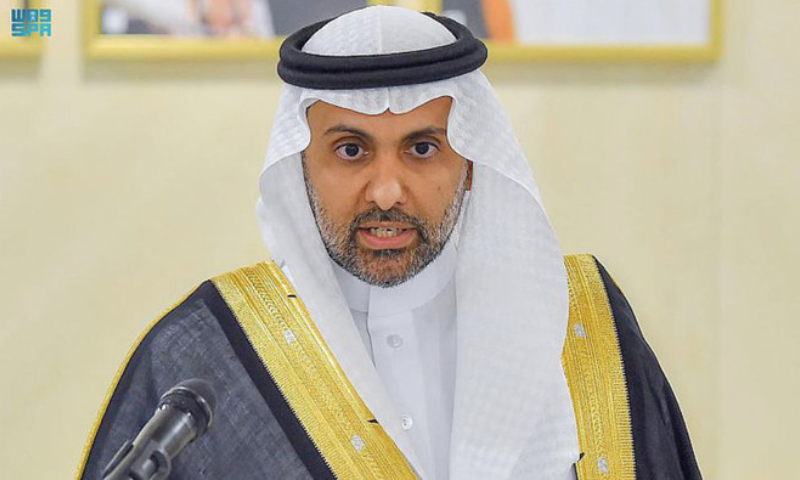
Unfortunately, this year’s Hajj witnessed the demise of more than 1,300 pilgrims. Among the deceased were several elderly and chronically ill individuals. Notably, 83% of the mortalities were among unauthorized pilgrims who lacked formal shelters and sufficient protection from the sun. The tour operators are to blame for these deaths who got pilgrims into Saudi Arabia without the correct travel provisions and visas to actually complete the Hajj safely. Egyptian brokers have come under particular scrutiny. Of the 650 Egyptians who reportedly died during the Hajj, 638 were unregistered pilgrims. The Egyptian government has already sanctioned sixteen travel operators, stripping them of their licenses and recommending them for prosecution.
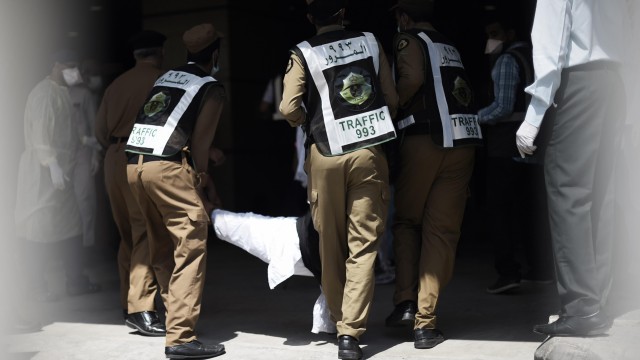
It is a matter of satisfaction that the Saudi authorities, in collaboration with other countries, are continuously seeking ways to address the issue of unauthorized pilgrims. Doing so is important for the safety and wellbeing of the pilgrims. The Kingdom’s support for pilgrims extended beyond health services and included state of the art transportation and accommodation services, amongst others. The investment in new hotel rooms and the goal of attracting 150 million tourists by 2030 reflect the Kingdom’s broader vision for its tourism sector. This vision is intertwined with the commitment to improving the Hajj experience, ensuring that the infrastructure and services are in place to cater to the growing number of pilgrims and tourists.
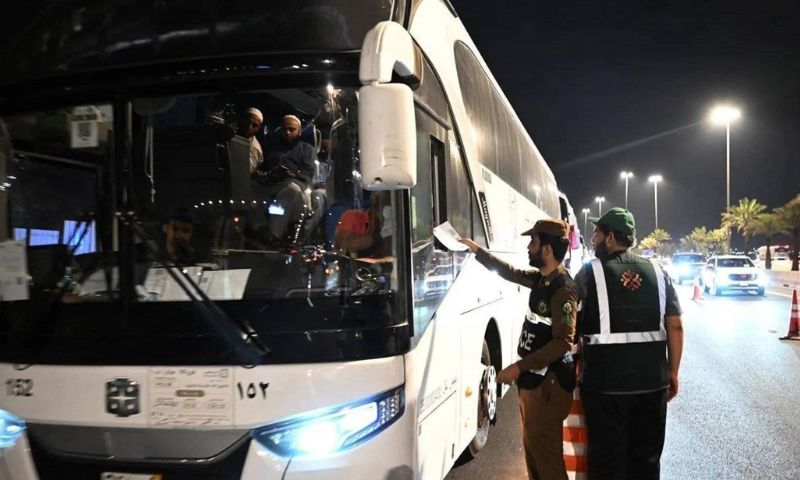
We pray to Almighty Allah to bless the KSA, its leadership and people with continued prosperity, progress, security and safety and we are confident that they will continue to serve the pilgrims with the same spirit in the best possible manner in future as well.
